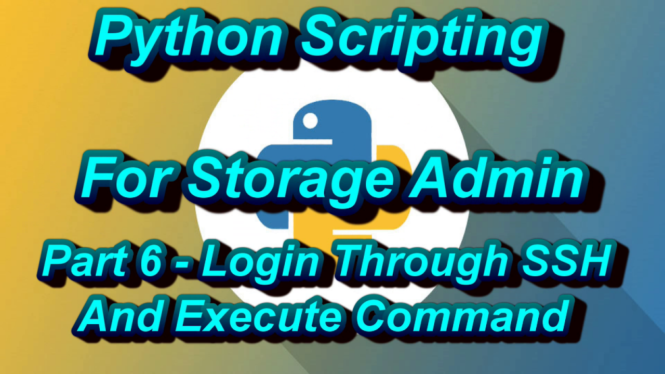
Introduction
In the world of cybersecurity, keeping sensitive information secure is of utmost importance. Python, being one of the most popular programming languages, offers various tools and libraries for secure storage and management of secrets. In this article, we will explore the concept of Python secret storage in the year 2023, highlighting the advancements and best practices.
Why Secret Storage Matters
Secret storage refers to the secure storage of sensitive information such as passwords, API keys, tokens, and encryption keys. By securely storing these secrets, we can protect them from unauthorized access and potential misuse. Python secret storage plays a crucial role in ensuring the security of applications and systems.
Python Libraries for Secret Storage
1. Python Keyring
Python Keyring is a library that provides a unified API for accessing the keyring services provided by the operating system. It allows you to securely store and retrieve secrets using the system’s native keyring functionality. This library provides a convenient way to store secrets without worrying about the underlying implementation details.
2. Vault
Vault is a powerful open-source tool for securely storing and accessing secrets. It provides a central repository for storing secrets, with access control and auditing capabilities. Python has a library called hvac that provides a Pythonic interface to interact with Vault. With Vault and hvac, you can easily manage secrets for your Python applications in a secure and scalable manner.
3. Cryptography
The Cryptography library in Python provides various cryptographic recipes and primitives, including secure storage capabilities. It allows you to encrypt sensitive data and store it securely. You can use this library to implement custom secret storage solutions tailored to your specific requirements.
Best Practices for Python Secret Storage
When it comes to secret storage in Python, following best practices is crucial to ensure the security and integrity of your secrets:
1. Use Encryption
Always encrypt sensitive data before storing it. Encryption adds an additional layer of security and ensures that even if the stored secrets are compromised, they cannot be easily deciphered.
2. Avoid Hardcoding Secrets
Never hardcode secrets directly into your code. Instead, use environment variables or configuration files to provide the secrets at runtime. Hardcoding secrets increases the risk of accidental exposure and makes it difficult to rotate the secrets when needed.
3. Implement Access Controls
Limit access to secrets based on the principle of least privilege. Only grant access to those who genuinely require it. Implement robust access controls and regularly review and update them to minimize the risk of unauthorized access.
4. Regularly Rotate Secrets
Periodically rotate secrets, such as passwords and encryption keys, to mitigate the impact of potential breaches. Set up a process to automatically rotate secrets and ensure that applications using these secrets are updated accordingly.
Conclusion
In today’s digital landscape, secret storage is a critical aspect of cybersecurity. Python offers various libraries and tools that enable secure storage and management of secrets. By following best practices and leveraging the power of these libraries, you can ensure the confidentiality and integrity of your sensitive information in Python applications in the year 2023 and beyond.
![Firebase Cloud Storage Python tutorial [Learn everything in 17 minutes]](https://togethersandia.com/wp-content/uploads/2023/11/maxresdefault-311.jpg)
Firebase Cloud Storage Python tutorial [Learn everything in 17 minutes]
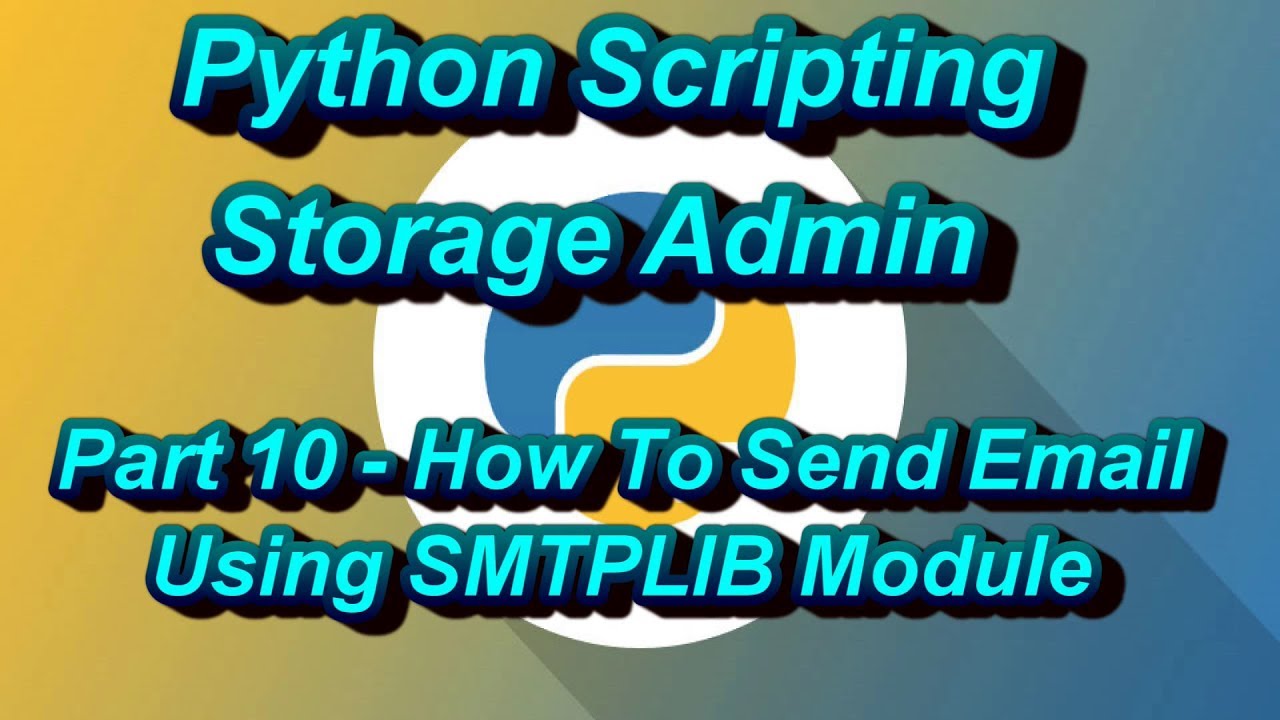
Python Scripting For Storage Admin Part 10 How To Send Email Using
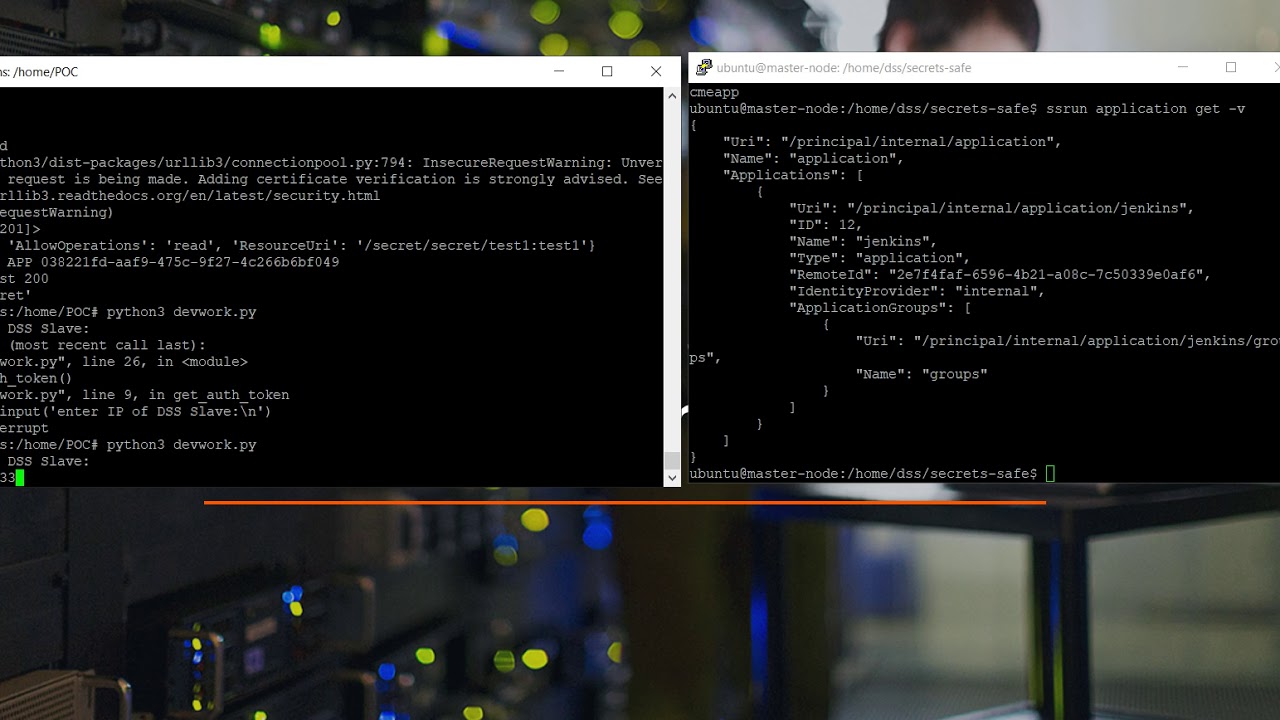
secretssafe beyondtrust python vault how to YouTube
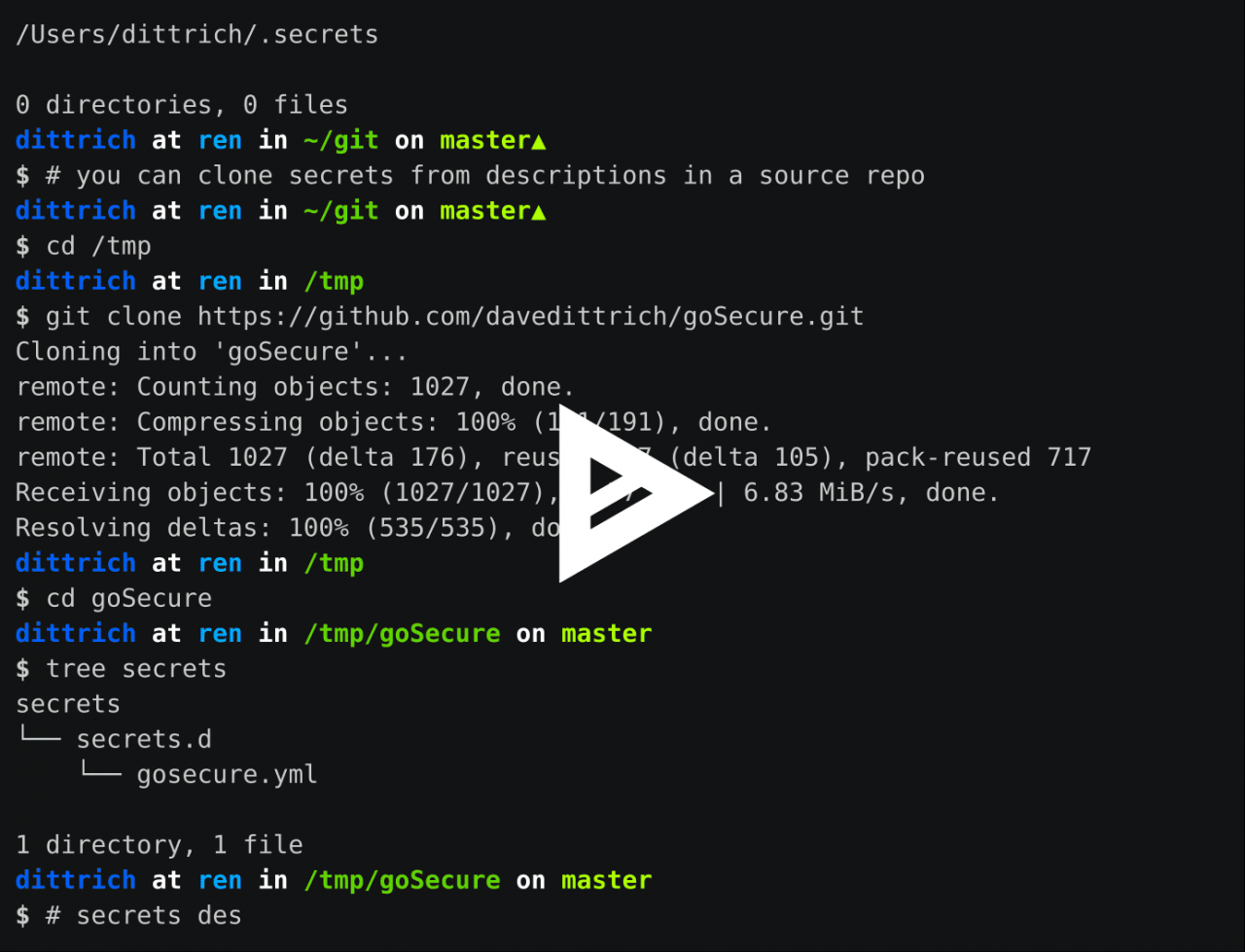
GitHub davedittrich/python_secrets Python CLI for managing secrets
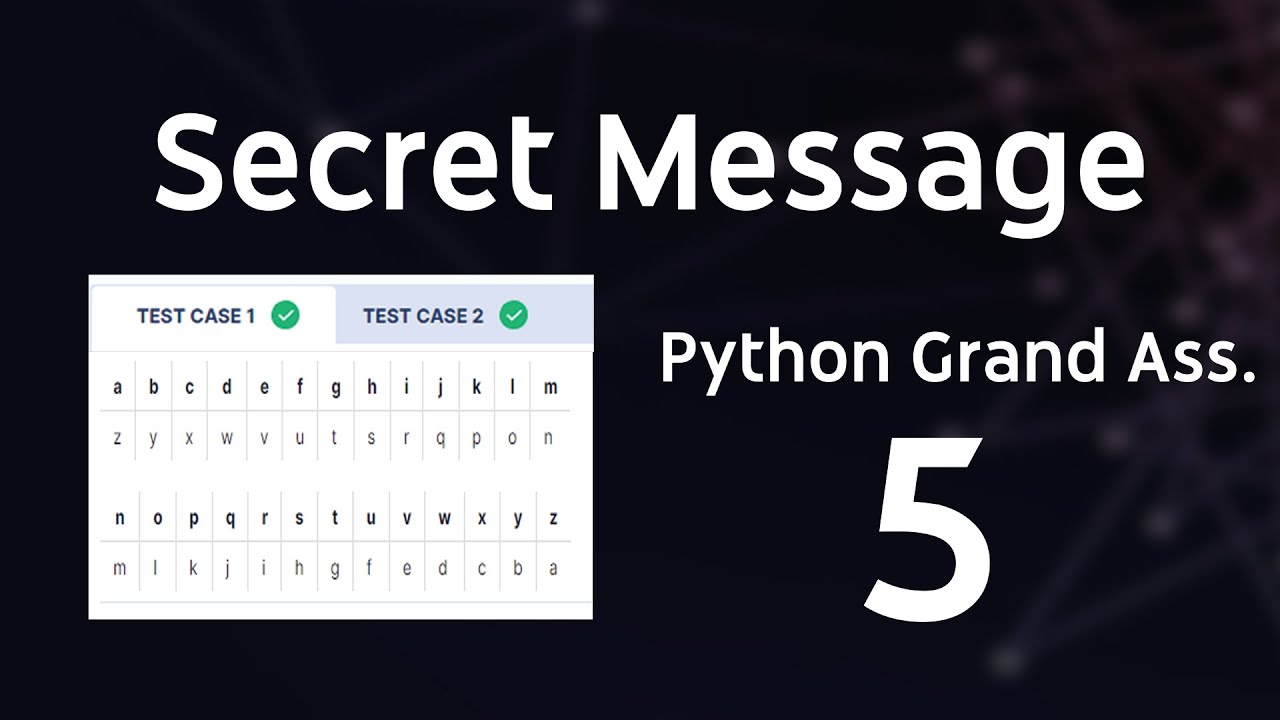
Python Secret Message 1 Grand Assignment5 Given a string, write a

pythondotenv How to Load the Secret Information from .env File Data
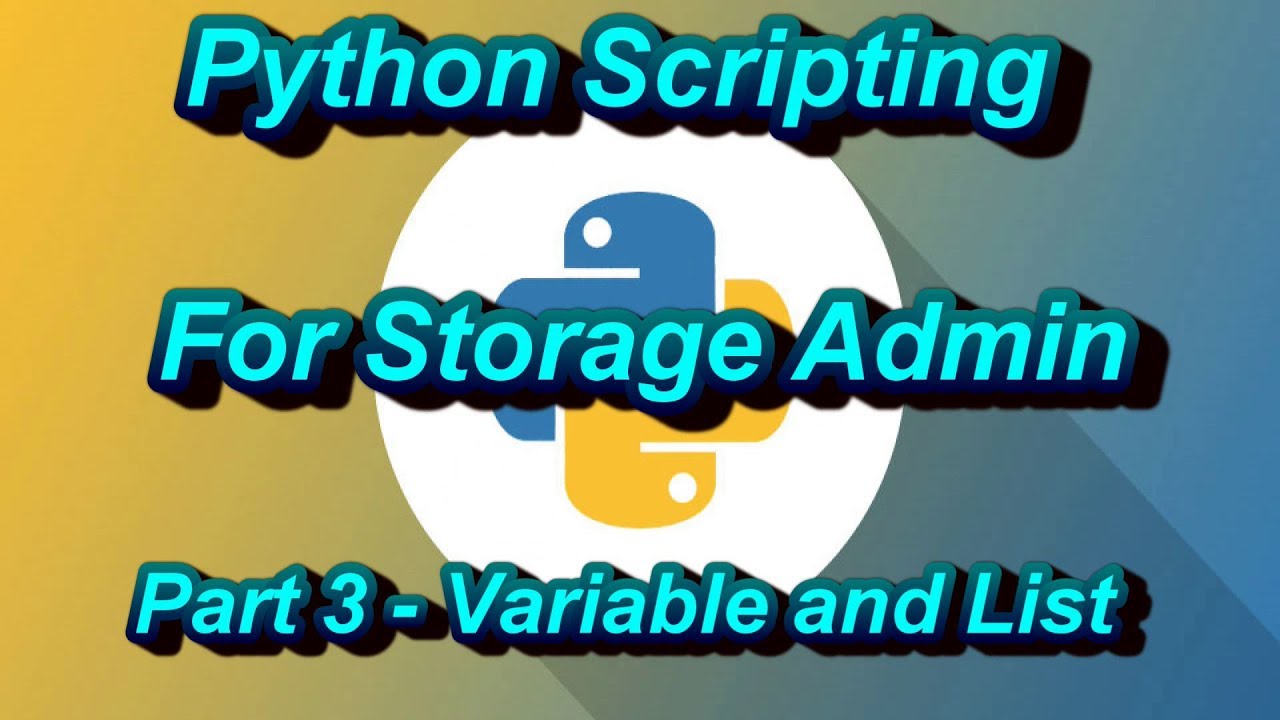
Python Scripting Tutorial For Storage Admin Part 3 List And Variable

Storing Data in Python Python for DH 02 (Revised) YouTube
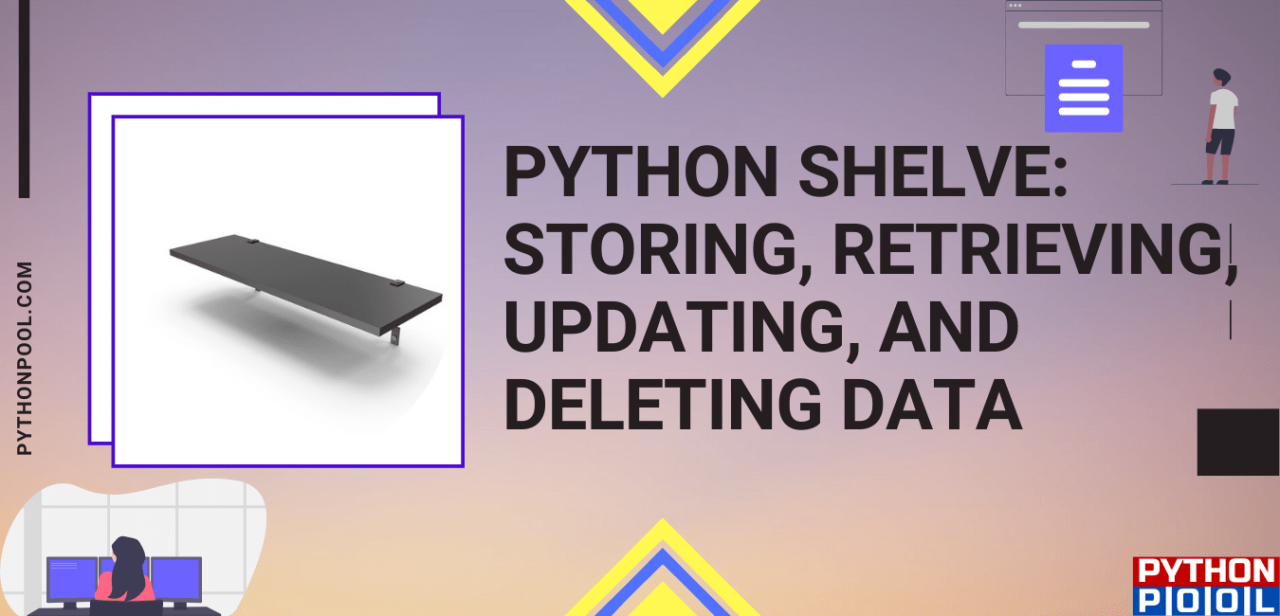
Python Shelve Storing, Retrieving, Updating, and Deleting Data
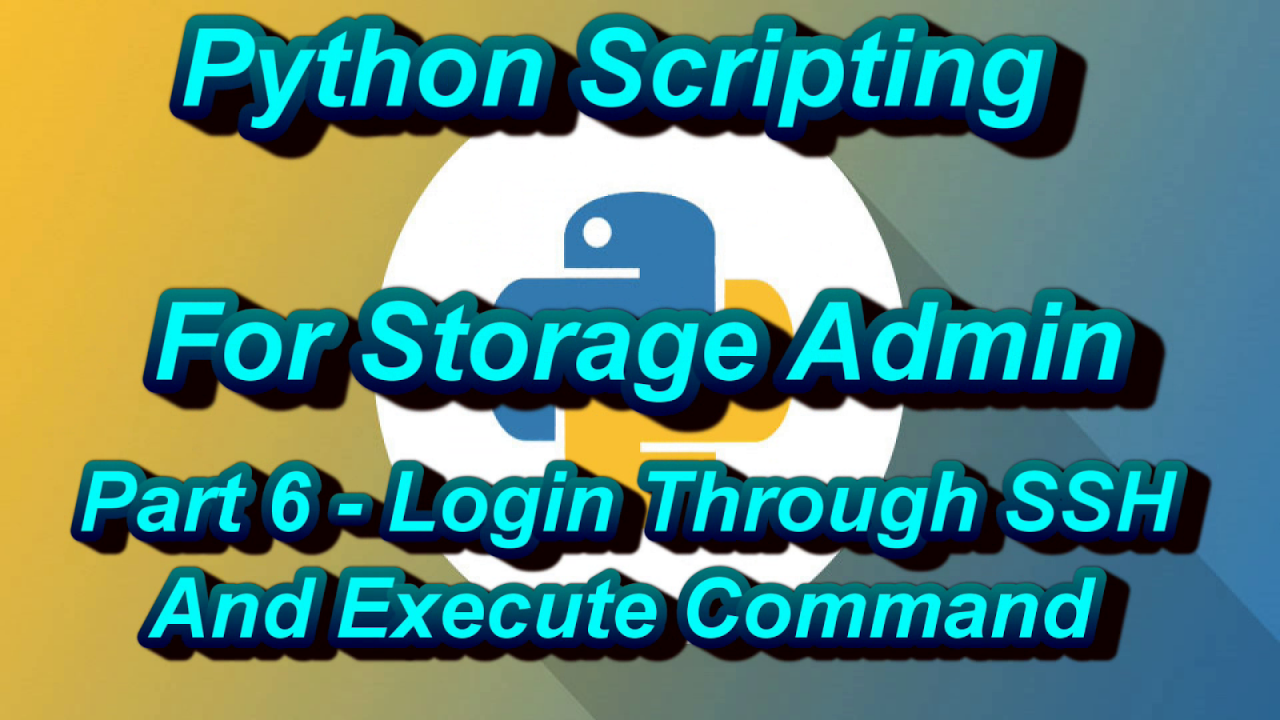
Blog For Storage Admin Python Scripting For Storage Admin Part 6 Login





